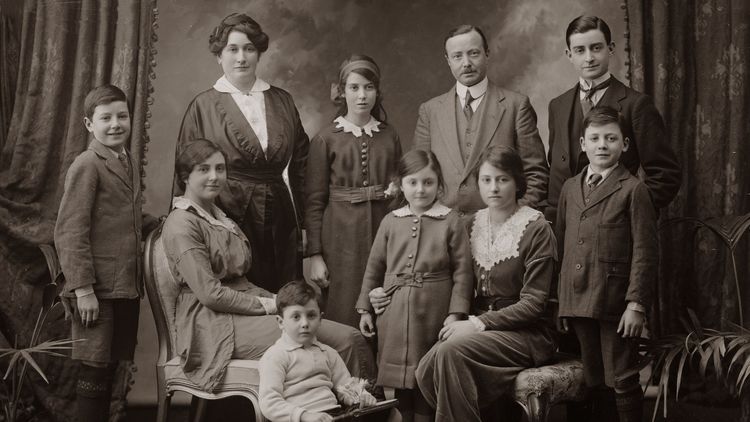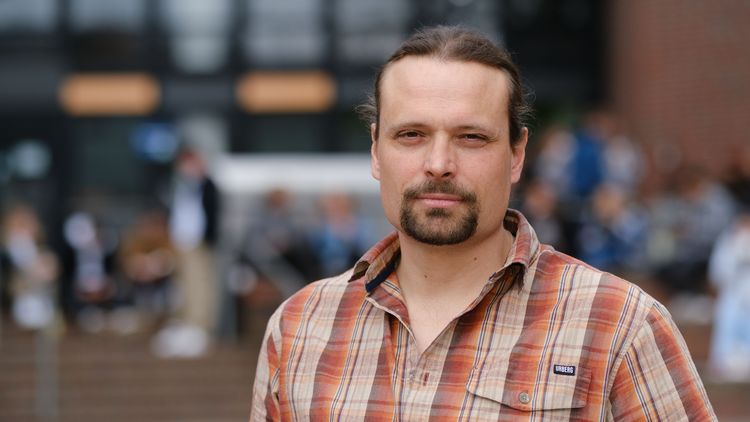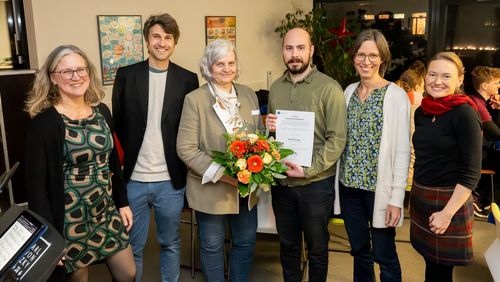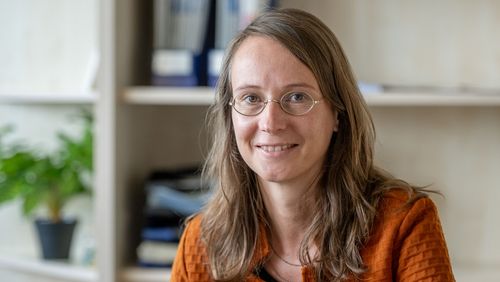The way families live together has changed constantly over time. A team of researchers led by Oldenburg University social scientist Dr Kai Willführ is using historical data to investigate the impact of family structures on the life trajectories of individual family members.
Whether it's going to the grandparents after school or being driven to swimming lessons by your uncle and aunt – getting support from family members is a universal experience. "Even if family constellations have changed over the centuries, all over the world family members work together to raise children or organize their working life," explains Dr Kai Willführ, an evolutionary anthropologist at the University of Oldenburg.
But how is the life of individual family members affected when the grandmother, for example, plays a key role in the life of the family as a whole? An international team of researchers led by Willführ is exploring this and many related questions. In the project "Kinships Effects or Affected Kinship", which is funded by the German Research Foundation (DFG), the team is studying family networks in various Western societies from the 17th to the 19th century. The aim of the project is to reconstruct family constellations using historical databases. The findings could also provide insights into modern-day societies in other cultural contexts.
Family models: diverse and complex
In the rural societies of the past, grandparents, parents, children and often other family members too all lived together. "Studies have shown that it made economic sense to live together with many other people, for example to manage a farm," Willführ explains. As industrialization progressed in the mid-20th century, however, the need for this form of coexistence largely disappeared, with the result that the concept of the family changed considerably, shifting towards the nuclear family in which only the parents and the children lived together.
"Nowadays, on the other hand, patchwork families in which parents live together with children from different partners are becoming increasingly common. So far, however, we know very little about the impact of these changes on family structures – for instance on the influence of the grandmother in the family," says the anthropologist.
To investigate this aspect, the team, which in addition to Willführ includes researchers from Canada, Sweden and the Netherlands, is using various historical databases for demographical analysis. The data comes from documents such as church records and civil registers. "We can see exactly how many siblings an individual had at a given time, and how the individual family members lived together," explains Willführ, who has been a research assistant at the University's Institute for Social Sciences since 2017.
The scientists can use the data to establish, among other things, whether families in the 17th century whose members lived far away from each other and were therefore less able to support each other had a higher maternal mortality rate than families who were able to help each other in their daily lives. However, the researchers are not just looking at support within families, but also for indications of rivalry between individual family members – between siblings, for example. "The family is not a place of perfect harmony because the individual interests of its various members inevitably lead to conflicts," says Willführ.
To obtain as accurate a picture as possible of such influences, the researchers use historical data from different regions and contexts. For example, the Krummhörn region surrounding the German city of Emden serves as a study subject for a very rural area. The researchers compare their findings here with those from urban contexts such as Antwerp in the Netherlands or certain places in Sweden and Canada.
Behaviour or knowledge transfer?
The researchers have already been able to establish that in traditional rural societies the influence of the grandmother, for instance, was very strong. If she lived close to her daughter, both the child and the mother were more likely to survive after childbirth, Willführ explains.
Further studies have pointed to various reasons for this. "The grandmother could offer practical support to help the mother get through the puerperium period after the birth, for example," notes the researcher. In addition, she could also pass on her knowledge, such as tips on breastfeeding or how to deal with childhood illnesses. "However, we have observed that the effect of the family network on the mother's life trajectory is disappearing along with the extended family model as a result of modernization," says Willführ. The team is now trying to find out why.
An initial hypothesis is that the grandmother's influence is not disappearing entirely, but merely shifting — from the mother's reproductive phase to an earlier life phase in which the transition to marriage is imminent. "In the past, people rarely married for love; in most cases it was strictly about economic interests," Willführ clarifies. Here, the parents may have assisted accordingly by arranging a respectable marriage.
According to Willführ, the study of historical family constellations can help to improve our understanding of the processes at work in modern-day families from cultural contexts other than those in the West, for example in African societies, and to shed light on which factors shape family networks. However, there is one aspect of family life that can be observed time and again throughout history, he notes: "Despite quarrels, the family is a place where I offer support and where I can also expect to receive it."







